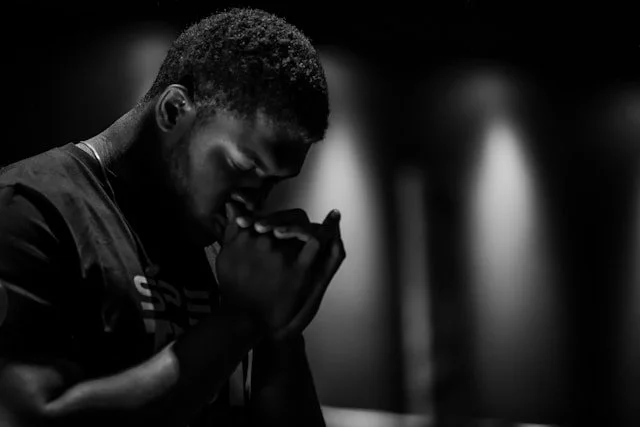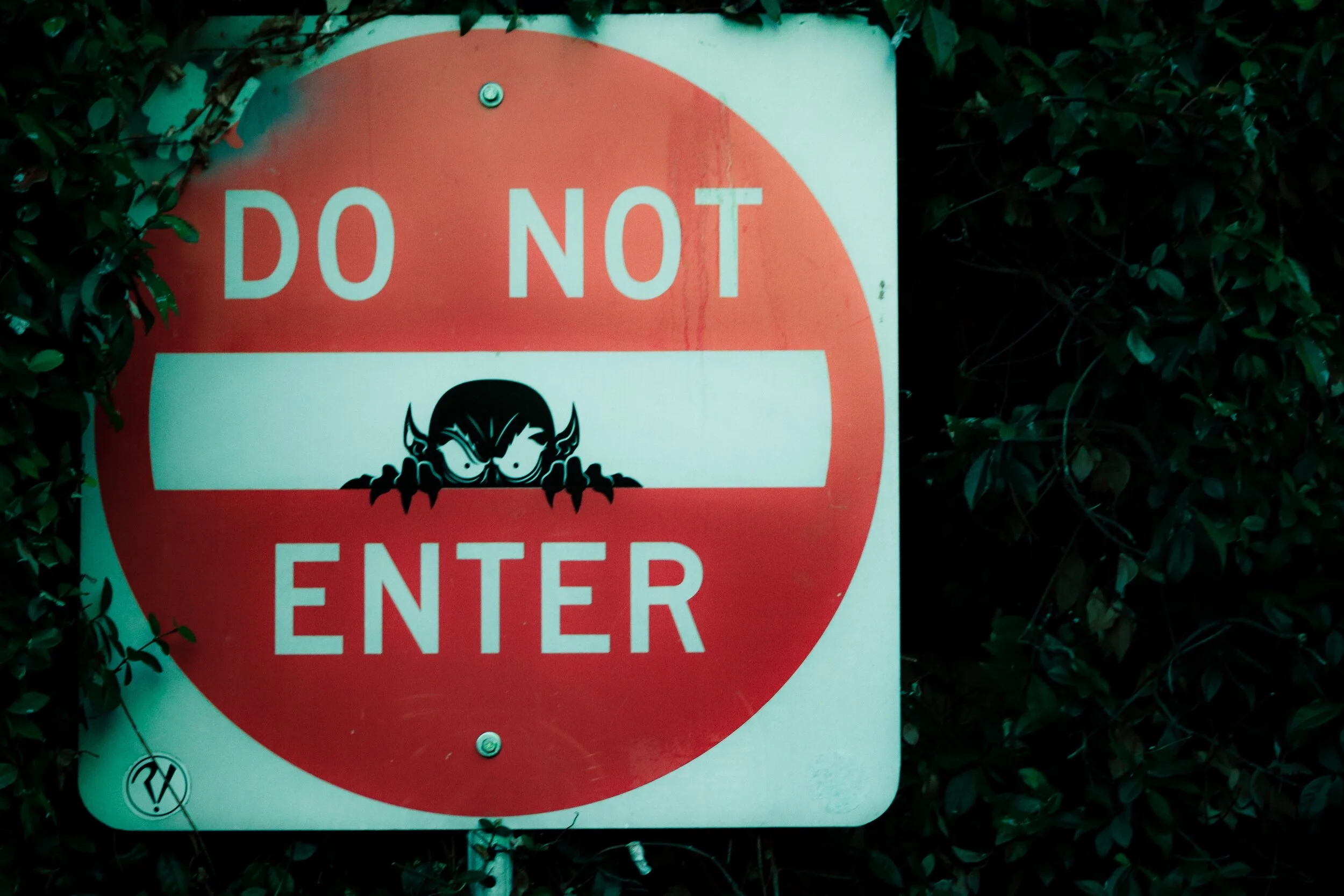1. Is Christmas a Pagan Rip-Off? Kevin DeYoung explains why what we’ve learned about the date that was chosen to celebrate Christ’s birth is wrong. He concludes, “While we can’t know for certain that this is where December 25 came from—and we certainly can’t be dogmatic about the historicity of the date—there is much better ancient evidence to suggest that our date for Christmas is tied to Christ’s death and conception than tied to the pagan celebrations of Saturnalia and Sol Invictus.”
2. Five Misconceptions About the Christmas Story: Michael Kruger explores the ways we get the story wrong. Spoiler alert, #5 is the same as DeYoung’s article above.
3. Vaccines and the Christian Worldview: Albert Mohler considers how Christians should think about vaccines. He offers seven points for consideration. He begins, “First, Christians do not believe in medical non-interventionism. Instead, we believe in the moral legitimacy of medical treatment.”
4. Mary’s Visit to Elizabeth: Warren Peel reflects, “Can you imagine the weight that must have rolled off Mary’s shoulders when she heard Elizabeth’s greeting?”
5. The Thrill of Hope for a World in Sin and Error Pining: Thanks for this, Benjamin Vrbicek. “Behind each idol our hearts could create for worship—whether the idol of work or money or sex or approval or power or whatever—is a pining for something deeper, something we know we want but can never seem to grasp. Perhaps to describe pining we could use the language of “thirst” and “desire,” as Revelation 22:17 does: “And let the one who is thirsty come; let the one who desires take the water of life without price.”…Long lay the world pining—then and now.”
6. Ten Hilarious Church Christmas Fails: The kid with #7 in the Twelve Days of Christmas is my favorite. Or the kid who yell-sings. So funny.














